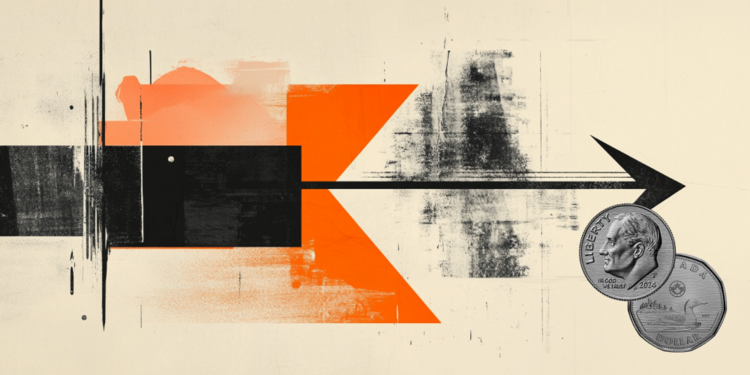Trends in oil pressures are easing in the first session of the week, amid concerns about demand from China, the world’s largest importer, and a new strengthening dollar.
In particular, the Brent July futures contract is trading at a loss. 3.7% or $ 4.2 with its price falling to $ 108.2 the barrel.
Respectively, the WTI June notes losses $ 4.06% or $ 4.46 with its price being set at $ 105.3 the barrel.
The rise of the dollar to a new high of twenty years discourages the crude markets as usual, making it more expensive for holders of other exchange rates.
At the same time, global financial markets appear to have been terrified by rising interest rates and fears of an impending recession, as tighter and lockdowns in China slowed exports to the world’s second-largest economy in April.
Oil production in Russia rose in early May and has now stabilized, according to statements made by Deputy Prime Minister Alexander Novak following the slowdown in April in the wake of Western sanctions on Ukraine.
In China, however, crude imports fell 4.8% in the first four months from a year earlier, but rose almost 7% in April.
On the supply front, the world’s leading oil exporter, Saudi Arabia, cut crude prices for Asia and Europe in June.
On the other hand, the Commission proposal to impose a European embargo on Russian oil is still under consultation, as a unanimous agreement between the Member States is required.
The G7 countries, however, have pledged to phase out imports of Russian oil, with Japan saying it would ban imports of Russian crude oil “in principle”.
Gas is declining
At the same time, gas prices in Europe are declining, with Russia reassuring buyers that they can continue to pay without violating sanctions.
In particular, price of the June contract in Amsterdam (TTF) notes losses 5.9% and is formed in 95.7 euros the megawatt hour, while at the low of the day it had fallen to 94.19 euros.
In a letter quoted by Bloomberg, Gazprom told its European customers that a new order issued by the Kremlin on May 4 “clarifies the procedure” for the original ruble payment decree, but it was not yet clear whether the new document will be enough to allay the EU’s concerns.
Russia has already cut off gas supplies to Poland and Bulgaria, which have refused to pay under the new system, with other countries paying later this month.
Source: Capital
I am Sophia william, author of World Stock Market. I have a degree in journalism from the University of Missouri and I have worked as a reporter for several news websites. I have a passion for writing and informing people about the latest news and events happening in the world. I strive to be accurate and unbiased in my reporting, and I hope to provide readers with valuable information that they can use to make informed decisions.







